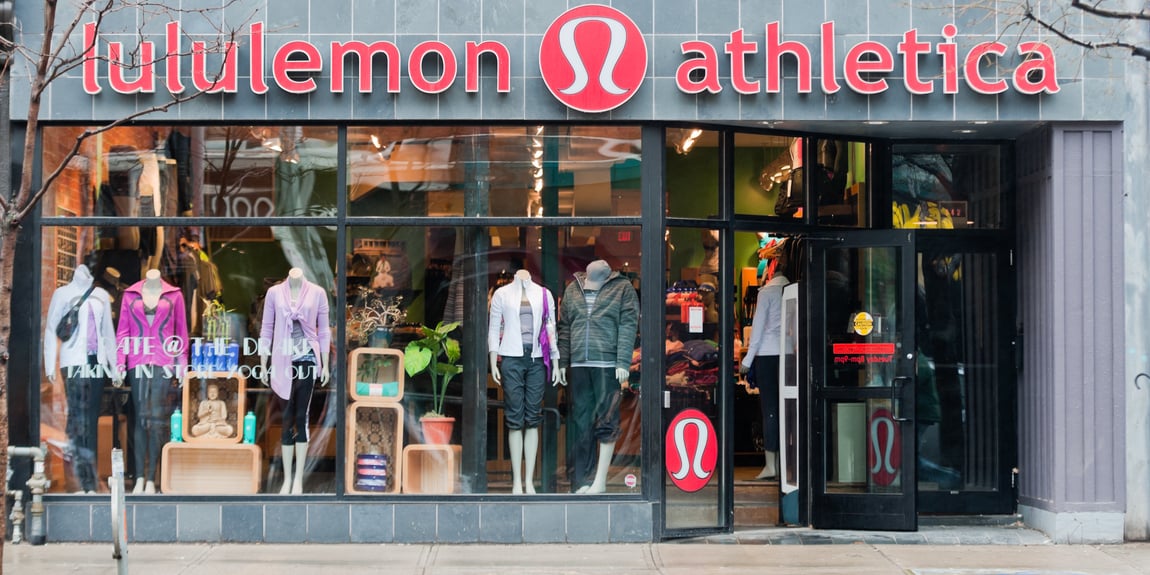A retail revolution is upon us, with consumer transformation at the center. Consumers today are active participants in brand experiences in and outside of stores, regularly taking to social media to share their personal lives and showcase their individuality and perspectives. And yet, somehow, the place of brands in retail has come into question.
Some industry pundits are predicting the death of brands, noting consumers’ desire for individualization and unlimited choice. They posit that people don’t care anymore about who makes the clothes they wear, the food they eat, the electronics they use, or the like. Under this assumption, all that matters is that the product fits their wants and needs, and they can purchase it in the most convenient and cost-effective way.
True or not? And if true, does this really mean the death of brands?
The Buzz Around Brandless-ness
Going brandless makes me uncomfortable – I’m shifting in my seat. But it’s worth considering.
What exactly is brandless-ness? Let’s start by dissecting the connotation that brands bring with them. “Branded” conveys the notion of a high price, select distribution, and often scarcity, which drives a prestige and quality that people want to portray in relation to themselves. On the other hand, the concept of brandless-ness assumes that consumers don’t care about the brand identity of their purchases, and prefer the simplicity of not having to consider who they’re buying from. It’s rooted in the idea of marketing to an audience of one versus the masses, and cutting the cost that a brand name supposedly brings.
The death of brand identity is generating buzz in the media, and shaping conversations at NRF 2018 Retail’s BIG Show later this month. In particular, a new online grocery and CPG company, Brandless, has made headlines recently in publications like Forbes, Fortune, Fast Company and more, for its move to sell a range of household products in intentionally generic packaging.
Retail’s Reality Still Has Brands at its Core
Brandless-ness is an interesting approach, and consumer shopping experiences undoubtedly need to evolve. This is the wrong direction though.
The truth is, people still value brands and the ideas that specific brands emulate or represent. In fact, over 40 percent of consumers are actively loyal to specific brands, with this loyalty outweighing the important of convenience or low prices. And, more than half of consumers make purchase decisions based on the beliefs and values that a brand represents.
The rise of belief-based brand buying stands in contrast to the idea of brandless-ness, but some important tenets still hold true: consumers want to be at the center of the shopping experience, rather than being held hostage by rigid, pre-packaged brand experiences, and they actively seek brands that match their priorities and identities.
So, we don’t need to evolve away from brands; we actually need to unlock immersive brand experiences, especially in stores, so that consumers can effectively “try them on,” and understand how products fit within the context of their lives.
When merchandised and offered correctly, branded products can enable the personal expression that consumers are demanding, without stripping products down to generic, indistinguishable goods. Once brands and retailers can get the in-store brand formula right – offering consumers what they want, when they want it, and for the best price –the pay-off will follow. And that payoff is, in fact, entirely reliant on brands themselves.
With new technologies and data analytics, like the solution that ThirdChannel offers, brands (and their retailer partners) can identify what the sales drivers are in stores and optimize each environment to really connect with shoppers – down to an individual store level. The issue isn’t the brands themselves, but effectively tailoring brand activations to shoppers. And we’ve made it our mission to crack that code.
Should be an interesting set of debates next week at NRF!



